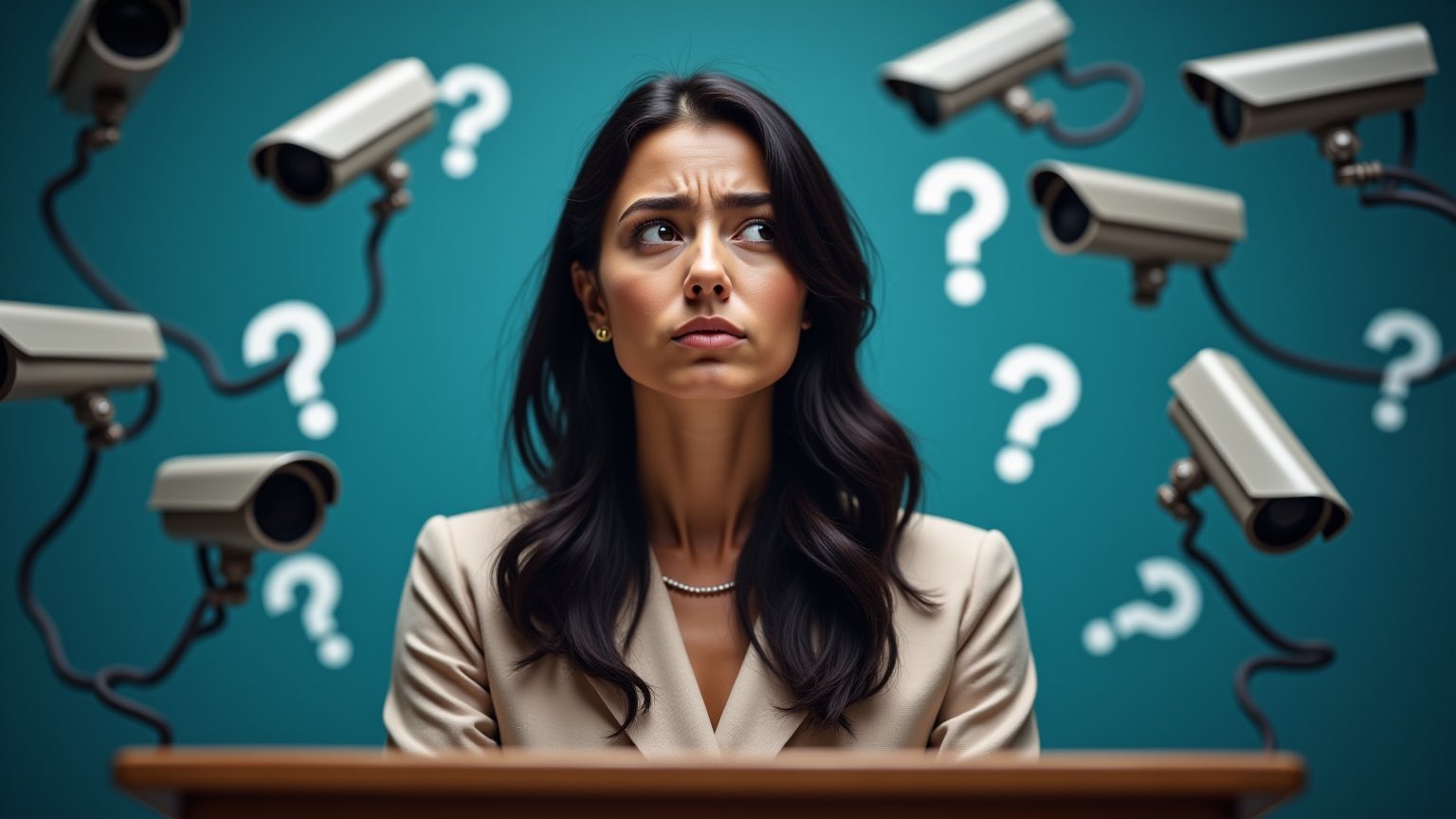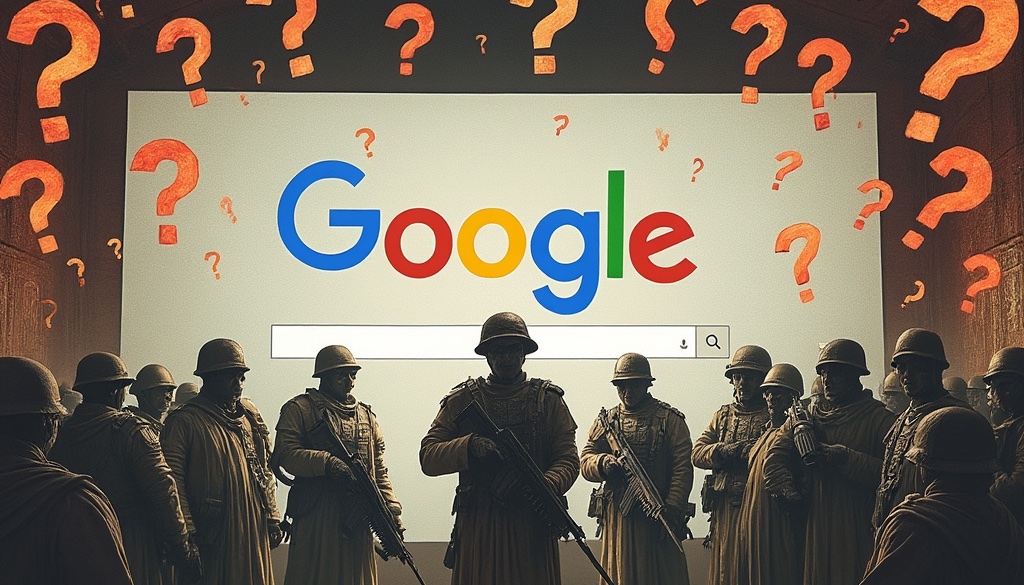
Anonymous accounts on social media – a threat to democracy?
- Martin Enlund
- 10/22/24
It was recently reported that Sweden’s Minister for Culture, Parisa Liljestrand, wishes to put an end to anonymous accounts on social media. The issue has been at the forefront following revelations of political parties using pseudonymous accounts on social media platforms earlier this year.
The importance of the internet is also well-known. As early as 2015, Roberta Alenius, who was then the press secretary for Fredrik Reinfeldt (Moderate Party), openly spoke about her experiences with the Social Democrats’ and Moderates’ internet activists: Twitter actually set the agenda for journalism at the time.
The Minister for Culture now claims, amongst other things, that anonymous accounts pose a threat to democracy, that they deceive people, and that they can be used to mislead, etc. It is indeed easy to find arguments against anonymity; perhaps the most common one is the ’nothing to hide, nothing to fear’ argument.
One of the many problems with this argument is that it assumes that abuse of power never occurs. History has much to teach us here. Sometimes, authorities can act in an arbitrary, discriminatory, or even oppressive manner, at least in hindsight. Take, for instance, the struggles of the homosexual community, the courageous dissidents who defied communist regimes, or the women who fought for their right to vote in the suffragette movement.
It was difficult for homosexuals to be open about their sexuality in Sweden in the 1970s. Many risked losing their jobs, being ostracised, or harassed. Anonymity was therefore a necessity for many. Homosexuality was actually classified as a mental illness in Sweden until 1979.
A couple of decades earlier, dissidents in communist regimes in Europe used pseudonyms when publishing samizdat magazines. The Czech author and dissident Václav Havel, who later became the President of the Czech Republic, used a pseudonym when publishing his texts. The same was true for the Russian author and literary prize winner Alexander Solzhenitsyn. Indeed, in Central and Eastern Europe, anonymity was of the utmost importance.
One hundred years ago, women all over the world fought for the right to vote and to be treated as equals. Many were open in their struggle, but for others, anonymity was a necessity as they risked being socially ostracised, losing their jobs, or even being arrested.
Full transparency is not always possible or desirable. Anonymity can promote creativity and innovation as it gives people the opportunity to experiment and try out new ideas without fear of being judged or criticised. This applies not only to individuals but also to our society, in terms of ideas, laws, norms, and culture.
It is also a strange paradox that those who wish to limit freedom of speech and abolish anonymity simultaneously claim to be concerned about the possible return of fascism. The solutions they advocate are, in fact, precisely what would make it easier for a tyrannical regime to maintain its power. To advocate for the abolition of anonymity, one must also be of the (absurd) opinion that the development of history has now reached its definitive end.
Cover image created with AI


